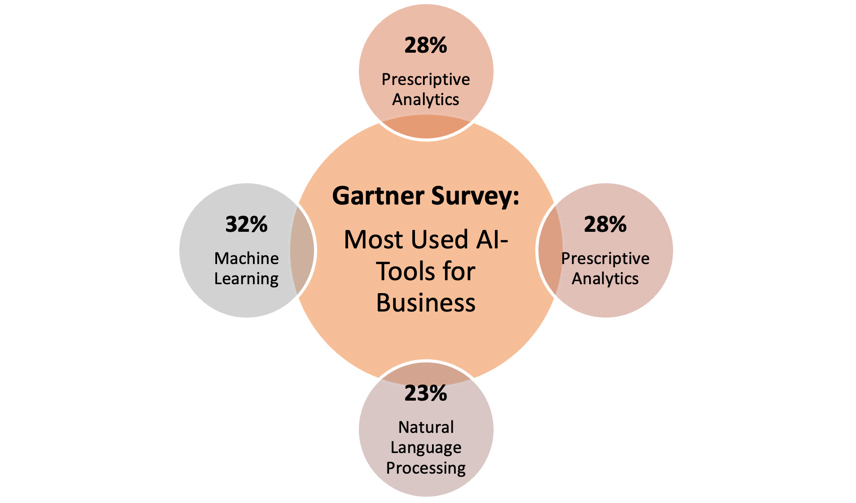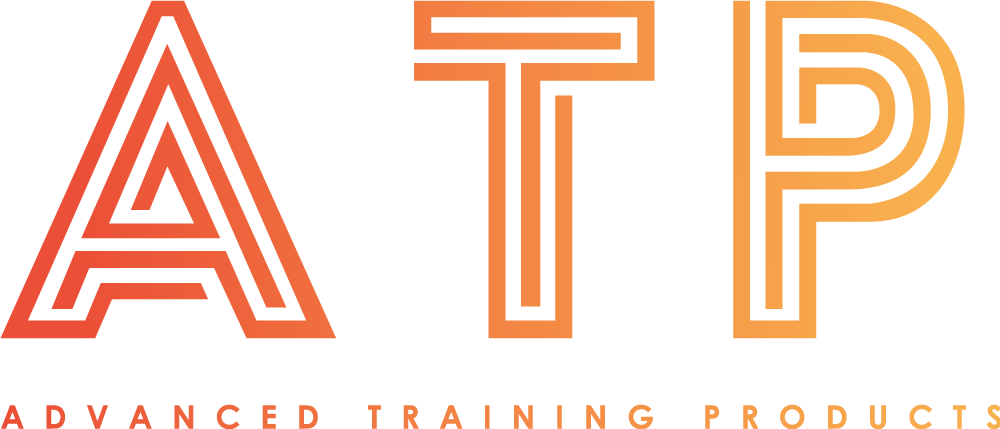White Papers and Press Releases
At Advanced Training Products, we're committed to empowering organizations with the knowledge and tools they need to create safer, healthier workplaces. Our thought leadership resources provide valuable insights into a range of topics, including:
- Total Worker Health® initiatives
- Workplace impairment prevention
- Reasonable suspicion protocols
- Cannabis legalization and its impact on the workplace
Stay informed and stay ahead with our expert analysis and actionable advice.
Keep up with the latest industry news through our press releases below.
Leveraging AI-Powered Predictive Modeling for Performance Improvement: Enhancing Impairment Prevention through Total Worker Health®
Navigating the dynamic and complex landscape of the modern workplace demands a proactive approach to employee well-being and performance optimization. Workplace impairment, encompassing physical, mental, and behavioral conditions that diminish an individual's ability to function safely and effectively, poses significant challenges to both individual workers and the overall health and safety of the work environment. Total Worker Health® (TWH), a comprehensive framework that integrates workplace safety, health, and well-being, offers a promising approach to addressing impairment prevention. In this context, AI tools emerge as powerful allies, enabling predictive modeling to identify potential performance issues and proactively intervene to promote employee well-being and impairment prevention.
AI-powered predictive modeling offers a transformative approach to workplace impairment prevention, empowering organizations to create a thriving and well-supported workforce. By integrating AI into TWH initiatives, organizations can proactively identify potential impairment risks, provide targeted interventions, promote open communication, and foster a culture of preventive care. Embracing AI as a powerful ally in enhancing performance improvement and impairment prevention is an investment in a healthier, safer, and more resilient workplace for all.
Predictive Modeling for Workplace Impairment Prevention
Predictive modeling plays a crucial role in effective workplace impairment prevention for several reasons:
- Early Identification of Impairment Risks: Predictive models can identify patterns and trends in employee performance data that may indicate underlying impairment concerns, enabling early intervention and support.
- Targeted Interventions and Support: By identifying employees at risk of impairment, organizations can proactively provide targeted interventions and support, addressing potential issues before they escalate or impact workplace safety.
- Personalized Performance Improvement Plans: Predictive modeling can inform personalized performance improvement plans, tailoring interventions to individual needs and addressing specific impairment-related challenges.
- Data-Driven Decision-Making: AI-powered predictive modeling tools provide valuable insights for data-driven decision-making, enabling organizations to optimize resource allocation and prioritize impairment prevention efforts.
- Promoting a Culture of Preventive Care: Predictive modeling can foster a culture of preventive care by encouraging employees to seek support early on to address potential performance issues and maintain well-being.
Harnessing AI for Predictive Modeling in Performance Improvement
AI tools offer a range of capabilities to enhance predictive modeling in the context of workplace impairment prevention:
- Machine Learning (ML): AI-powered ML algorithms can analyze vast amounts of employee data, including performance metrics, attendance patterns, and health-related information, to identify patterns and correlations that indicate potential impairment risks.
- Predictive Analytics: AI algorithms can generate predictive models that forecast future performance trends and identify potential issues before they occur, enabling proactive intervention and support.
- Real-Time Monitoring and Alerts: AI-powered predictive modeling systems can provide real-time monitoring and alerts, notifying managers or HR personnel when an employee's performance deviates from expected patterns, indicating a potential impairment concern.
- Integration with Employee Assistance Programs (EAPs): Predictive modeling tools can be integrated with EAPs to facilitate seamless referrals and support for employees identified as at risk of impairment.
Incorporating AI into Total Worker® Health Initiatives
AI-powered predictive modeling can significantly enhance TWH initiatives to promote workplace impairment prevention:
- Proactive Intervention and Support: By identifying employees at risk of impairment, organizations can proactively intervene and provide tailored support before performance issues escalate or lead to impairment-related incidents.
- Personalized Well-being Programs: Predictive modeling can inform personalized well-being programs, providing targeted interventions and resources to address individual impairment risks and promote overall well-being.
- Data-Driven Insights for Workplace Design: AI can analyze predictive modeling data to identify factors that contribute to impairment risks, enabling organizations to make data-driven decisions about workplace design, policies, and practices.
- Promoting Open Communication and Support: Predictive modeling can encourage open communication and support by providing a data-driven approach to identifying and addressing impairment concerns, fostering trust and collaboration within the workplace.
- Creating a Culture of Preventive Care: Predictive modeling can establish a culture of preventive care by encouraging employees to seek support early on to address potential impairment concerns and maintain well-being.

Works Cited
Gartner Dissects How AI and Analytics May Change Business Decision Making. (2023, July 05). Retrieved January 11, 2024, from CXToday.com: https://www.cxtoday.com/data-analytics/gartner-dissects-how-ai-and-analytics-may-change-business-decision-making/
Hancock, B., Schaninger, B., & Yee, L. (2023, June 5). Generative AI and the future of HR. Retrieved January 11, 2024, from McKinsey & Company: https://www.mckinsey.com/capabilities/people-and-organizational-performance/our-insights/generative-ai-and-the-future-of-hr

